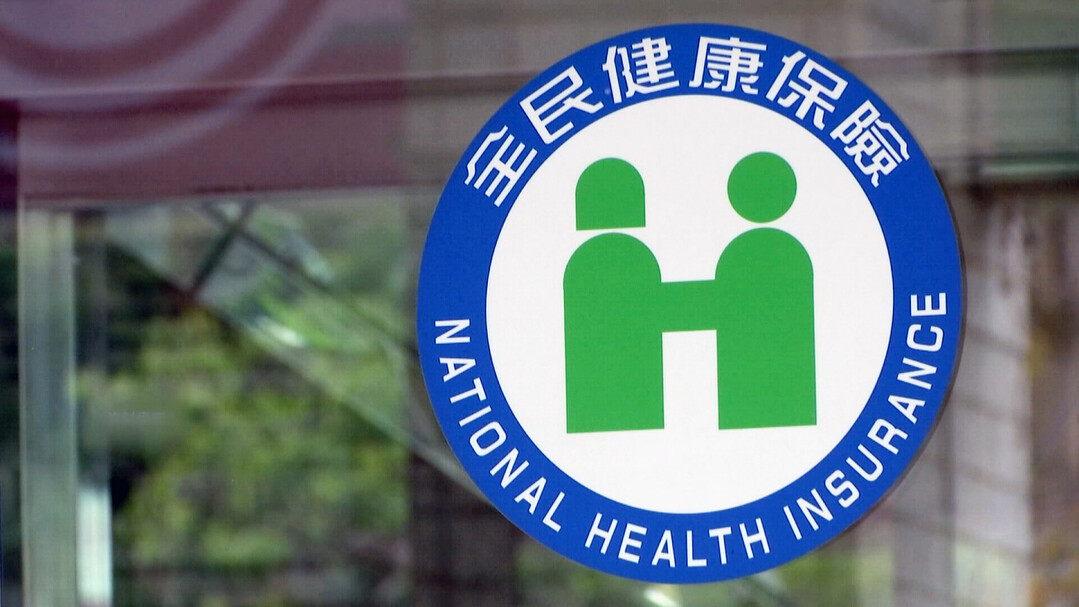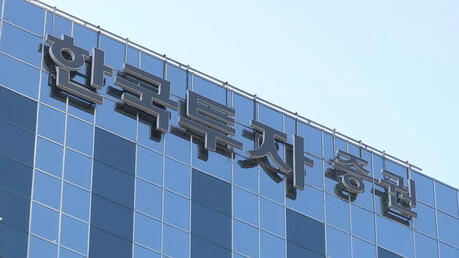
Taipei, Taiwan — Taiwan's Ministry of Health and Welfare (MOHW), the nation's health authority, is moving to amend the collection criteria for the National Health Insurance (NHI) supplementary premium, a move that is expected to affect millions of investors and has already ignited significant public outcry, particularly among elderly retirees.
The proposed change centers on adjusting the threshold for collecting a supplementary health insurance premium on various forms of non-wage income. Under the current 2nd-generation National Health Insurance (NHI) law, a supplementary premium is levied on six major income categories, including interest, dividends, rental income, part-time earnings, professional practice income, and bonuses exceeding four times the monthly insured salary.
Currently, the supplementary premium applies if the monthly total of these non-wage incomes exceeds 20,000 New Taiwan Dollars (NTD). The proposed revision, as reported by local media outlets like the United Daily News and China Times, will change the collection period from a monthly basis to an annual one. Crucially, the annual threshold for triggering the additional premium would be set at a total of NTD 20,000—the equivalent of approximately 930,000 KRW—for the entire year.
Sources indicate that income earners exceeding this low annual limit will be subject to a 2.11% supplementary premium on the overage. The MOHW reportedly aims to implement the revised law starting in 2027. Officials estimate that this adjustment could bring an additional 6.8 million people into the pool of supplementary premium payers, significantly boosting the strained national health insurance coffers.
The move, coming amid a buoyant stock market, is anticipated to heavily impact Taiwan's investor base, which currently stands at over 13.66 million people. Concerns are particularly high for elderly retirees who rely on income from stocks and Exchange-Traded Funds (ETFs) to supplement their living expenses due to the island's low bank deposit interest rates, often around 1%.
Taiwanese netizens and investors have vociferously criticized the proposal. Many argue that the government, which already deducts mandatory health insurance from monthly salaries, is attempting to resolve the NHI's financial challenges by unfairly penalizing ordinary citizens who have turned to the stock market simply to keep pace with inflation. Critics accuse the authorities of effectively labeling common retail investors as "abnormal" or excessive earners for investing in pursuit of a basic livelihood.
The controversy highlights the ongoing tension between maintaining the financial sustainability of Taiwan's highly popular single-payer health system and the public's desire to grow personal wealth through investments without incurring what they perceive as excessive or arbitrary taxation. The government faces a difficult task in balancing the NHI fund's fiscal needs against the backlash from a large and vocal segment of the population.
[Copyright (c) Global Economic Times. All Rights Reserved.]





























